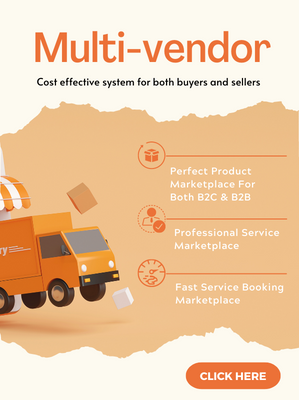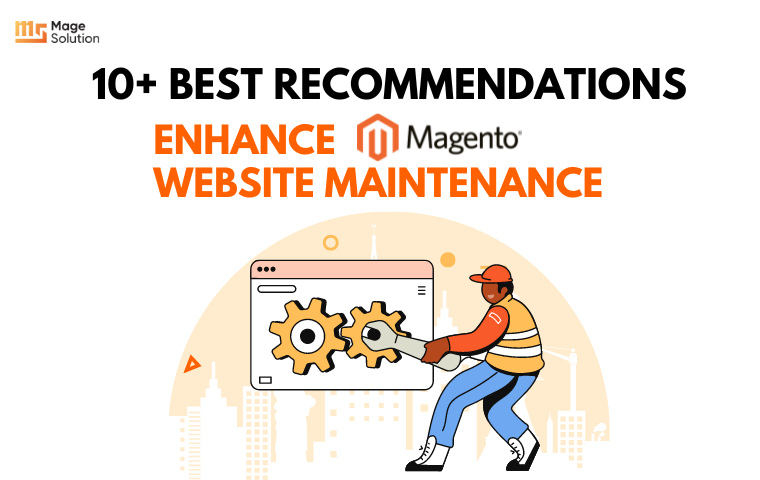Open source ecommerce platforms provides a wide range of features and complexity. Before picking suitable one, you need to be honest with yourself about your web developer skills and your budget to want to pay for support and help. In this post, Magesolution will compare the best free and premium open source platforms and show you detailed benefits and drawbacks analysis for each, so you can choose the best ecommerce platforms for your business requirements.
1. Magento
Many online merchants think that Magento is the best open source eСommerce platform. Why? Because currently, it holds about 27% of the e-commerce software market. It’s the best ecommerce platform for large business solving a huge amount of traffic and looking for great technical, installation and troubleshooting support. However, it does not suit all business types. There are various plans on this platform. For example, Magento Enterprise Edition, mostly used by big business, costs about $22,000 a year. Nevertheless, Magento also offers a proper solution for small and medium business. With a Community Edition, online store owners can enjoy loads of features for free.
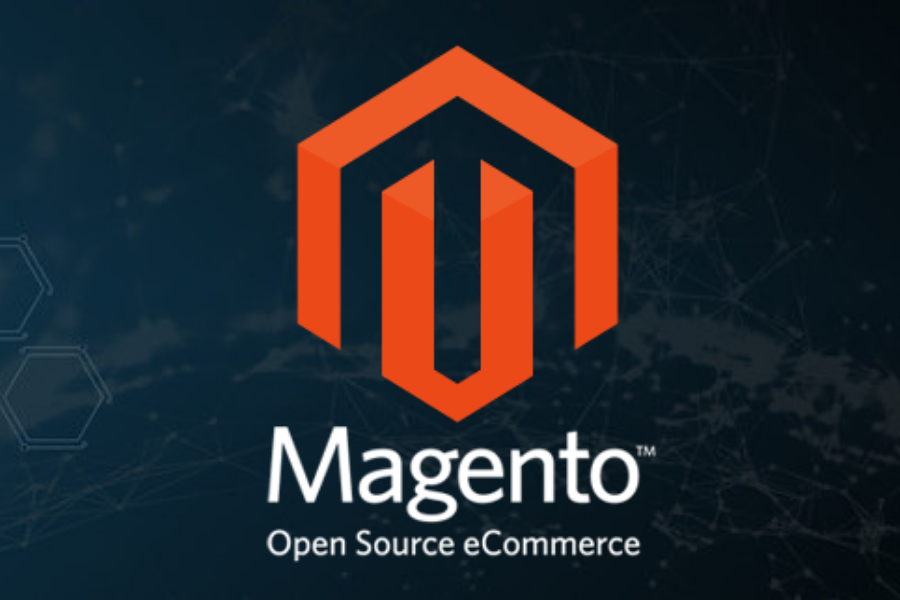
Pros:
- It’s free, and be available with a paid version if you need to upgrade and scale your business accordingly.
- A huge community of developers, Magento extensions to solve problems and provide support
- You can easily send out product alerts to shoppers for automated marketing. This can include price alerts and back in stock messages
- The platform enables you make separate multi-lingual sites that load up depending on the user’s location. This is an amazing feature for large or enterprise stores
- You can customize the user interface and admin area as well as your website so it will look unique
- Powerful functions capable of supporting thousands of transactions per minute
Cons:
- Magento is packed with a lot of features, but that can also make it clunky and resource-hungry. Therefore, you might have to allocate a decent amount of money and time for optimization as this may slow down your website.
- Although you can learn how to use Magento, the main reason you would consider it is if you had development skills. Larger companies are known to use Magento because they have the access and money to hire a developer who knows development code.
- Difficult setup and installation process
- Magento is very suitable for Enterprise customers which you can see above, so it can be quite expensive when you take into consideration the costs for themes, extension, hosting or the domain
2. OpenCart
OpenCart is a lightweight platform and it requires less resources than Magento, but it can also serve a limited amount of visitors and it has certain restrictions in the number of products being solved and your website’s bandwidth is not promising a very high performance. In general, OpenCart is a perfect solution for startups and small business that are going for independent web store development
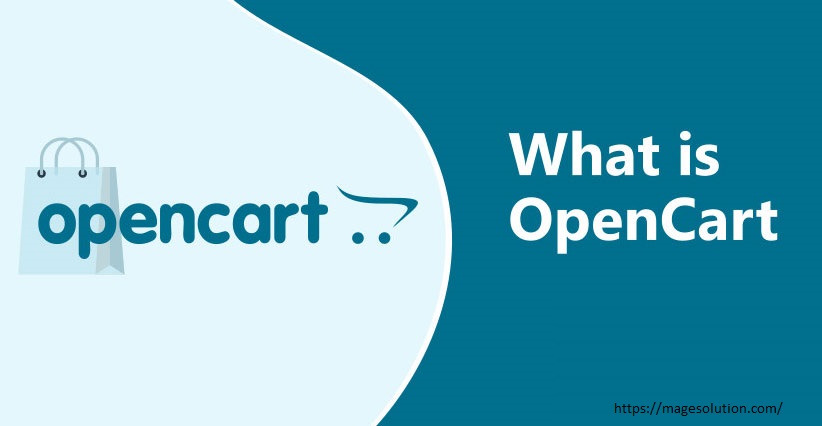
Pros:
- The startup costs are pretty low, the download is free and there are some great templates which are available for free as well
- The features are strong, and the large catalog functions work well for order processing. For instance, Open Cart comes with various sizes, colors, length and height as product options out of the box.
- The average person should be fine with setting up OpenCart. Not to mention, it doesn’t suck down resources like Magento and they learning curve is much less time-consuming than Magento.
- Open Cart is available for the renowned payment gateways as well as the more niche ones that you may have a preference towards
- Do you have multiple website or plan to? You can set items to appear in different stores as well as showing different prices on each. You can then personalize each store as you want.
Cons:
- When you compare the feature list of Magento and OpenCart, it’s no comparison. Magento is probably OpenCart’s biggest competitor in this list but Magento wins by a landslide in regards to functions
- You will need to include a lot of add-ons for OpenCart to work for you which means it can get very expensive.
- Although it’s easier to use for beginners, this means that the customization options are also fewer. You might consider OpenCart as one of the few open source ecommerce platforms that experienced developers would rather avoid.
- Similar to Zen Cart the updates that are rolled out can cause problems to your website if it has a lot of custom elements on it. Bugs will invariably appear as they can’t be tested on every custom site
3. WooCommerce
Proud to power over 38% of online stores, WooCommerce has been downloaded 14,095,689 times. It is by far the most popular open source ecommerce solution available in the markets. Built to help the store owners turn any WordPress site into an ecommerce website, this great solution was created by the equally popular WooThemes. When it comes to content, WooCommerce is the great CMS for ecommerce.
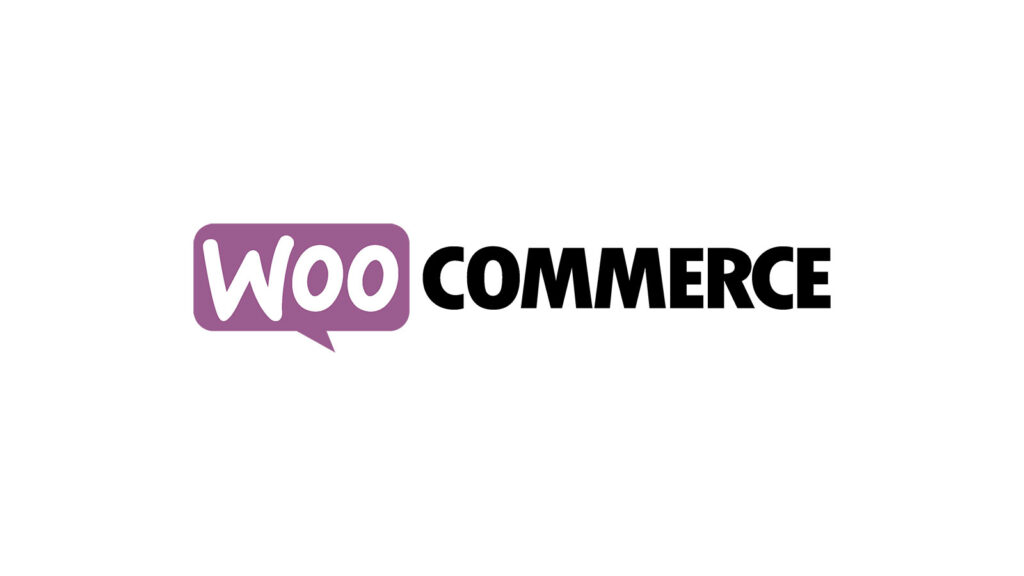
Pros:
- 100% Customizable :It comes with several themes, which could be tailored according to your choice and the requirements of your business. After choosing the most proper one, you can customize all its sections (header, footer, product sheets, checkouts, etc. )
- Great Flexibility: It is suitable for all kinds of online store, regardless of their market niche or their products! WooCommerce can be developed to sell physical, virtual or downloadable items. Besides, it can also be adapted to affiliate systems and other business models
- Woo also comes with the ability to accept almost all sorts of payments.
- Optimal Security: Woo-commerce is regularly updated to keep up to date with cybersecurity. I
- It features great shopping cart — secured and powerful. Moreover, it is frequently updated to fix all bugs and issues.
- Apart from this, there are also profits like mobile-friendliness, huge community support and more.
Cons:
- There are plenty of extra fees such as theme, extension, hosting, and domain name. It may label itself as free, however, a theme may cost more than $100 dollars, the domain will be $30 and hosting can be anything from $5 a month to $5,000 for enterprise site
- WooCommerce comes with some moving parts. It need hosting + WordPress + the WooCommerce plugin. As a starter can get intimidated by this, especially with works like SEO, security, hosting, and caching. There is a big learning curve if you are just starting out which is why beginners opt for something such as Shopify
- Frequency of updates
- Hard to implement multi-currency
4. PrestaShop
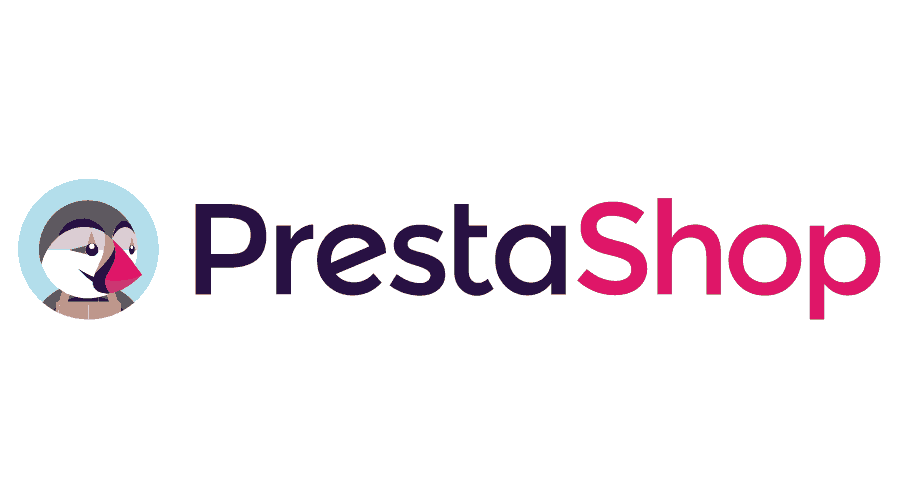
Prestashop is one of popular open source ecommerce platforms among online retailers. With over 260,000 stores using the ecommerce platform, PrestaShop is very famous for its ease of use. It definitely can be regarded as the easiest ecommerce platform.
Pros:
- It provides a large group of users that contributes to a good support system in discussion boards and the like.
- It’s easy to find one to do whatever you need to be done, yes, unless you are a programmer type.
- The Administration panel is flexible and easy to work with.
- Prestashop boosts the loading speed of the shopping store.
- It is very simple to change an old theme into a new one so that your website can be updated in design efficiently.
- This is a sufficient solution for new starters and intermediate online shop owners.
Cons:
- PrestaShop isn’t as powerful as other options like Magento, so the scalability isn’t quite there. You could expand into a large, international website using the software, if necessary. However, it’s really perfect for small to mid-sized companies
- It’s not required to install any extra extension for a regular website, but more often than not it seems like you’ll need to pay for some sort of modules and they are expensive.
- The default theme isn’t nearly as nice looking as you would look for other open source software, such as the Storefront option supplied by WooCommerce
- PrestaShop is a little lightweight in terms of marketing tools. For example, you can’t cross-sell items which is a criticism that is widely put to them
5. Drupal

Drupal is another Open source ecommerce platforms that is proper for building an eCommerce website. It’s one of the competitors of WordPress due to a strong percentage of the internet is powered by Drupal. Not to mention, you can make pretty much any type of site with it. As for Drupal Commerce, this is a separate module that enable you to create your online store rapidly on top of your already existing website, and it’s one of the effective solution if you plan on scaling up quickly.
Pros:
- It comes with a complete product admin system, including shopping cart, multilingual and multicurrency support, and checkout forms
- There is a powerful list of third-party integrations for payment gateways, fulfillment services, accounting applications social networks, etc..
- It’s very simply for those familiar with the Drupal ecosystem
Cons:
- You’re going to have a hard time running a website if you’re new to Drupal Commerce. It’s hard to learn and most of the discussion in the community is coming from more experienced programmers
- Drupal Commerce websites can become resource hogs since they often turn into large website with lots of components and modifications.
- It was built by the people behind the ‘Commerce Guys’ and if you need support from them this cost a little money. For site modifications, onboarding and auditing this starts at $580 a month
- Even if you’re a professional developer, you might find the interface hard, also the development guidelines are very restrictive.
- There’s no opportunity of paying for a low price host with Drupal Commerce. You need high power and speed, preferably a VPS or dedicated server.
6. Odoo eCommerce

Odoo comes with a suite of open source business apps. They also provides open source accounting software and CRM solutions that we’ve covered in a separate list. For the eCommerce portal, you can use its online drag and drop builder to customize your online store as per your needs. Besides, you also have options to promote the website. In addition to the easy theme installation and customization options, you get to use HTML/CSS to manually customize the look and feel to some extent.
Pros:
- Easy to use and learn.
- A great community support
- Seamless integration between modules.
- Relatively inexpensive.
- The modules inside the Odoo are well adapted to each other for different but connected operations making it comfortable to understand the process flow at a functional and technical level.
Cons:
- Development can be a challenge since it was developed using multiple languages.
- Pre-defined modules although works well can be limiting.
- Not all localizations are included in the core.
7. Zen Cart
Originally based on osCommerce’s code, the two parted ways in 2003 when Zen Cart decided to place a heavier focus on templates. Today, this free ecommerce platform provides users with a 390+ page user’s manual and a host of features – not to mention more than 1850 add-ons in 16 different categories. The related community is large, too.
Pros:
- Zen Cart is known as a rather secure software, so you know that your website and customer information is protected. Zen Cart knows that security is essential and have provided some great security documentation.
- It is also great for scaling up a online store because of its wide range of functions and full customization options. There are extension which developers have already created on Zen Cart which you can download and intergrade to your store
- You can send out HTML emails directly from your site to leads and customers that you have already gathered.
- Zen Cart also offers some great multilingual options available if you are an enterprise store and you are looking to sell internationally
Cons:
- The platform doesn’t offers any dedicated support. The only methods you will receive support is by hiring a dedicated third party.
- It can sometimes be hard to upgrade your software, also users have complained in the past that they have lost some of the custom options of their website as a result.
- Although there is a SEO out of the box tool, you need to buy the more advanced functions that other business would provide for free such as sitemaps and meta tags
- There aren’t many add-ons or modules and there have been reported problems of how they talk to each other. It’s likely you will run multiple extension and some times they don’t play ball.
- The theme are far from impressive, but you can still find some made by third parties
8. Spree Commerce
Spree Commerce is an ecommerce platform that developers will love but the tech naïve will have a hard time with. If you’ve got the coding knowhow or can afford a developer who does, however, this platform will scale with you.
Pros:
- Completely free: The biggest benefits is that the platform is open source. It means that it is 100% free to use. There’s no licensing or downloading fee that you have to pay.
- Customization: Since Spree was developed for Ruby on Rails, you get access to a world of customizations. There are high-quality gems that are perfect for building the online store as you wish.
- Third-party integrations: Spree development allows for extensive third-party integrations. Developers can integrate functions that are not available by default.
- SEO compatibility: From a marketing perspective, Spree is great. There are functions to add meta descriptions, permalinks, and other things that enhance your website’s performance in search engines.
Cons:
- Technical background: Spree requires you to hire Ruby on Rails developers who can work with the platform. It calls for a technical background as there’s heavy coding involved.
- Limited themes: At this point, there are only a handful of templates available for Spree Commerce development. Building a website from scratch limits with the theme offerings.
- Custom development: Sometimes, even adding a popular functionality may not have a RubyGem, and developers have to custom build it. It’s time-consuming and increases the code on the websites.
9. Joomla
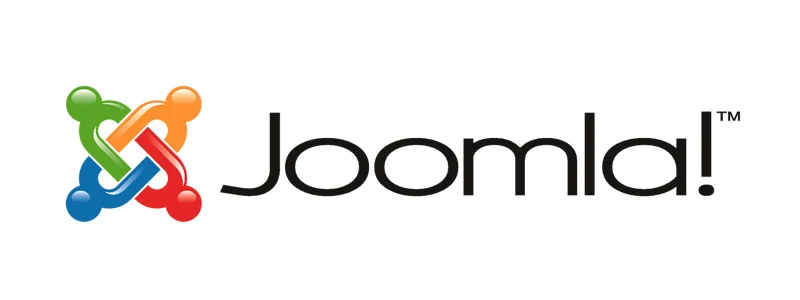
If you’re looking for a convenient solution to make a unique eCommerce website from scratch, then Joomla provides you all the functionality you need. You do need to put a little time and effort into your online store with Joomla, however. There are some confusing aspects to overcome.
Pros:
- Totally free to use platform
- Ecommerce support with lots of help for growing your online store
- Easy to install with PHP scripts that are easy to work with
- Extensions available with a vast active community
- SEO functionality built-in for your website
- Multilingual for global selling
Cons:
- A little complex compared to other eCommerce builders
- Limited compatibility
10. Big Cartel
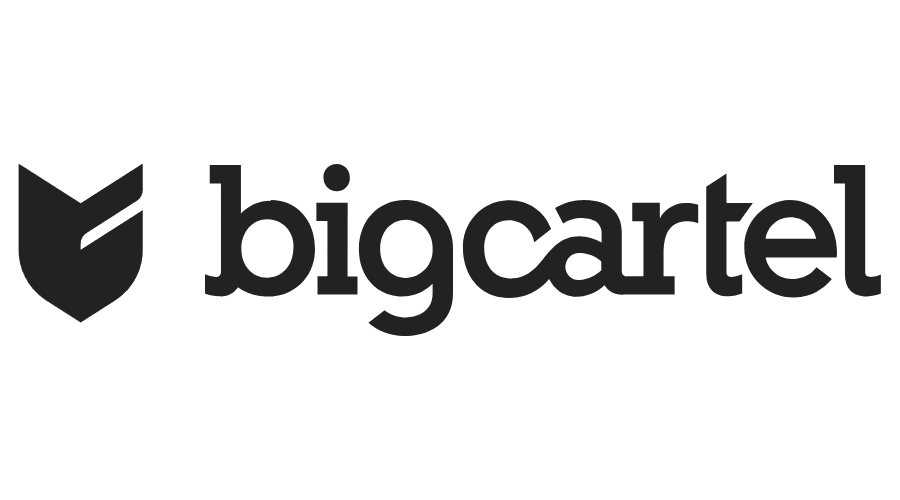
Big Cartel was made with makers, designers, musicians, and other artists in mind. It is best suitable for a small website. Besides, this platform also enables you to set up your website with several pre-made themes. And if you need more customization, the platform equips you tweak the HTML, CSS, and JavaScript directly.
Pros:
- Simple and easy to use
- Very affordable and has a free forever plan
- Great-looking templates
- Ability to use themes and tweak the site’s code
Cons:
- Might not be ideal for larger stores or stores that need advanced capabilities
- Not very flexible
- Lacks a search function
- Limited payment options
11. Weebly
Weebly is the great free eCommerce plan. It is a suitable choice for anyone looking to set up a simple website on the cheap. Moreover, Weebly is one of the easiest eCommerce platforms to use. Weebly’s free plan – as with most free plans – you can’t include a custom domain name, and your website will display Weebly ads.
Pros:
- Easy to use for beginners
- Ecommerce tools recently added to the free plan are quite straightforward
- Access to unlimited products, so you can sell as much as you like
- Easy to get started for business owners without much experience.
Cons:
- Hefty 2.9% transaction fee with 30c processing fee
- Not ideal for large businesses with lots of products to sell
- No support for multi-channel selling
- No custom domain, and there will be ads on your site
12. Branchbob
Branchbob is a lesser-known ecommerce platform that comes with a ease of use and simplicity. There’s no monthly fee or transaction fees to worry about. Besides, the tool is clear, straightforward, and excellent for new starters. Branchbob even performs well when it offers optimized payment processes and page speed too. Faster page performance means that you can deliver better experiences to your customers
Pros:
- Lots of flexibility for people who know code
- Excellent design and developer functionality
- Fast page speed and image optimization
- On-page SEO included
- Expert access for beginners
- No fees, including transaction fees
Cons:
- You’ll need some coding knowledge to get the most out of the tools
- The ecommerce capabilities are limited in some areas
- This tool isn’t as well known as other ecommerce website builder products
13. BuyNow Plus
BuyNow Plus is not a full eCommerce platform. Instead, this best free open source ecommerce platforms enable you to generate “buy now” buttons that you can put on any site. You’ll need to generate a free Stripe account in order to use BuyNow Plus.
Pros
- The transaction fee is pretty low at just 2% per transaction. Remember that Stripe charges its own transaction fees on top of this, though.
- You can use BuyNow Plus to solve recurring payments on credit cards without your customers needing to create an account. If you’re selling recurring memberships for offline products, then this is a really handy function
- You can put the button links on social media as well as on your store, or you can even use them in emails.
- There’s no limit to many different products
Cons
- Don’t offer anything extra, like inventory tracking or website creation.
- You could do something similar by using Stripe directly on your online store. That way, you wouldn’t need to pay BuyNow Plus’s transaction fee.
- You’d need your own SSL certificate, but it’s possible to get an SSL certificate for free.
14. Jimdo
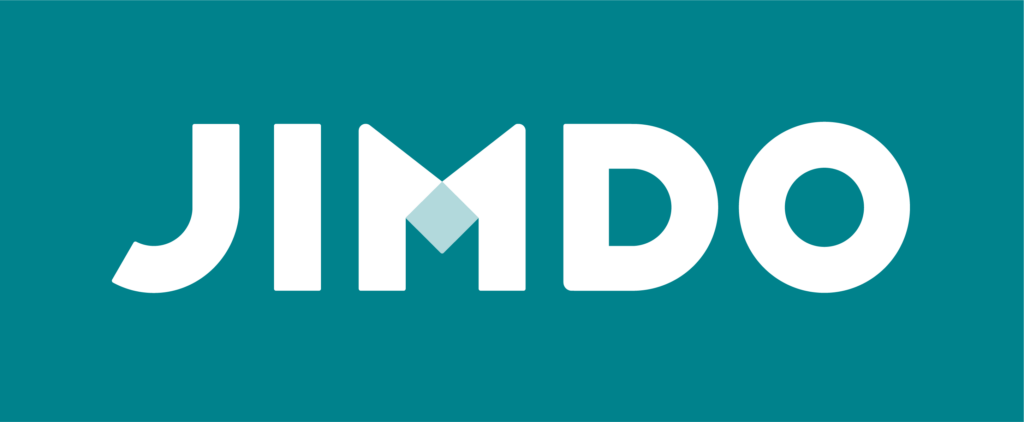
Jimdo is a beginner-friendly Open source ecommerce platforms that happens to offer supplementary ecommerce features.
Pros:
- The Dolphin AI website builder on Jimdo automatically generates an ideal layout based on your preferences and site details.
- Jimdo offers an array of predesigned themes for standard sites, business sites, and ecommerce websites.
- You won’t be paying Jimdo every time you conduct a transaction on your store.
- To help you rank favorably on Google, Jimdo comes with ready SEO features.
Cons:
- It’s not possible to set up a free ecommerce website on Jimdo. You can only access selling features after subscribing to either Ecommerce or Unlimited paid plans.
- Jimdo’s online store features do not support the selling of digital goods.
- The ecommerce capabilities here are quite limited. You’ll only be able to create and run a basic ecommerce website.
15. Wix Ecommerce
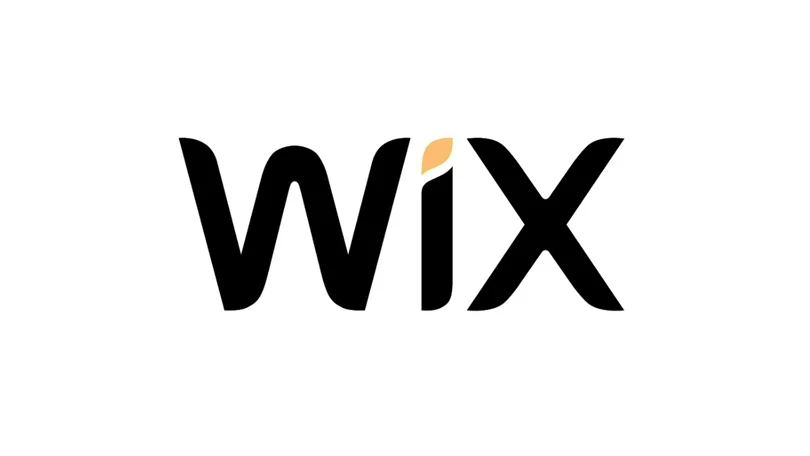
Wix Ecommerce is undoubtedly one of the most renowned cloud-based online store builders. Wix is an SMB-friendly website hosting and building platform that has a ton of features for building a sleek online store. It comes with free and reliable hosting so you won’t have to worry about server upkeep and maintenance.
Pros:
- Mobile editor
- Fully hosted, Easy to use
- Accept multiple payment methods with no commission
- Add product videos
- Sell supplementary products
Cons:
- Cannot sell across multiple channels
- Design options can be overwhelming
- No abandoned cart recovery
- Poor inventory system
16. Square Online

Squarespace is an easy-to-use service for creating all types of online stores. Also, it provides all the basic functions that you’d expect from an eCommerce platform, including unlimited products, multiple SKUs, and variants.
Pros:
- Fully hosted, so you won’t have to worry about server maintenance and costs
Beautiful designs - Great online marketing features
- No transaction fees
Cons:
- Lacks payment methods
- No app store
- Hardest non-eCommerce-specific builder to use
17. osCommerce

Oscommerce is an open-source and self-hosted platform. Also, it allows you to create a highly customizable and extendable online website. OsCommerce also comes with a wide and enthusiastic community behind it, with more than over 298,889 store owners, developers, and service providers.
Pros:
- Can easily be customized and extended
- Offers both community and expert support
- Great-looking templates
- OsCommerce is highly established and is currently 17 years old at the time of writing
Cons:
- Reportedly prone to errors
- Requires more manual work
- Not easily scalable
18. Ecwid
Ecwid essentially translates to “ecommerce widgets”. And just like the name suggests, this is not a powerful ecommerce platform. Instead, it’s a shopping cart that you can integrate with any website to transform it into a fully-fledged online store. However, as you might have guessed already, you need some lines of code to achieve that.
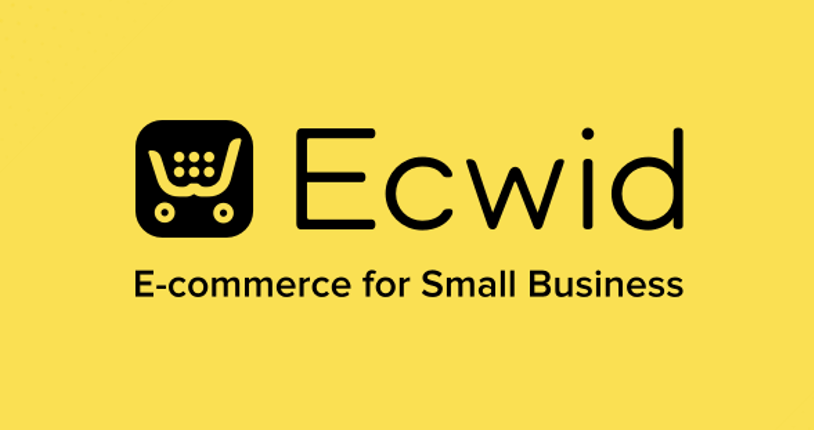
Pros:
- You can use Ecwid to transform any site into an ecommerce store.
- Its basic online store functionalities are best suitable for startups and small businesses.
- The entire shopping cart is automatically optimized for mobile.
- You can take benefits of Ecwid to sell concurrently on multiple websites.
- Ecwid does not charge any transaction fees.
Cons:
- Ecwid does not offer advanced ecommerce features. So, of course, you cannot use it on a large dynamic online store.
- Embedding Ecwid into an existing site requires some coding skills.
19. X-Cart
X-Cart has helped to create over 35,000 online stores, and this has been growing rapidly over the past few years. As with all of these ecommerce platforms on the list, it’s free, open source and self-hosted.
In addition to, this platform is often considered one of the fastest open source platforms on the market, and it also has an incredible number of features for you to sink your teeth into. There’s also a free trial for the premium plan, which goes for $495 (one-time payment).
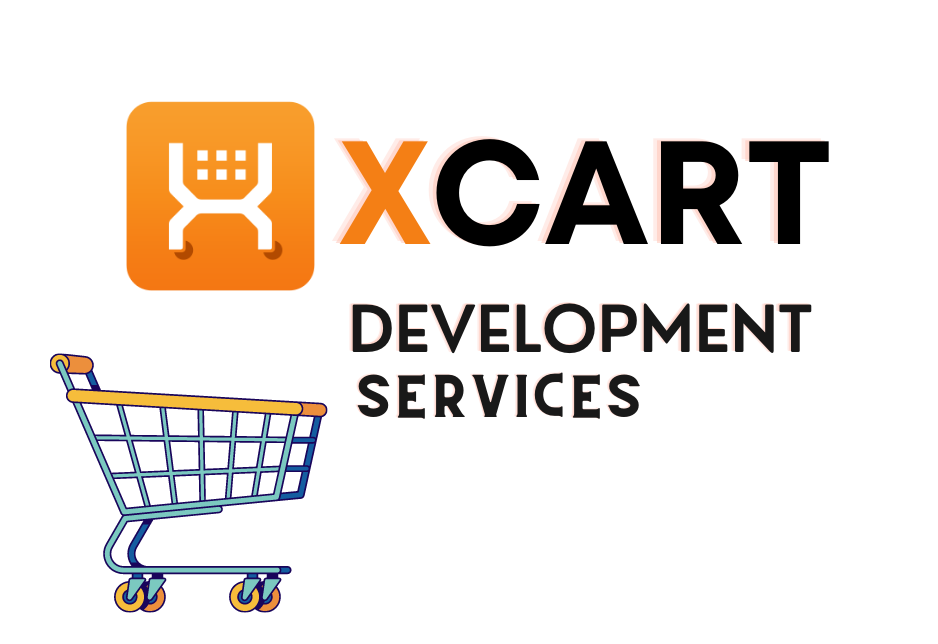
Pros:
- It depends on the package you choose, but you can often have full multilingual and multi-currency support. This is especially helpful if you are running an enterprise website
- You can integrate your shopping cart with the most reputable payment gateways in the world such as PayPal and Sage
- It’s free and open sourced so similarly to WooCommerce there is some professional developer support available. It’s PHP code means you can easily include additional integrations manually
- The most professional developers will have all the control they need with X-Cart. It’s pretty fun to play around with and is very scalable.
- You can also rest easy knowing that X-Cart is completely secure and PCI Compliant.
Cons:
- You have no access to direct customer support unless you pay an extra fee. Other than that you will just have to rely on X-Carts self-help tools
- You even have to pay for hosting if you opt for one of the paid plans. Again this can cost anything from $5 a month to several thousand.
- Although the premium plan is only $495 for a lifetime, this still looks somewhat high compared to other options. Also if you need a multivendor plan and then continue to grow the price rises considerably
- There’s a good chance you’ll have to utilize some sort of manual coding when setting up your store. If you don’t need PHP code then you will have to outsource development work which will be costly
20. nopCommerce
The platform with a huge functionality of features that enable you to create projects and integrations of any kind and complexity. Moreover, it’s also the most famous platform on Microsoft framework, that remains free since its establishment in 2008. Today, it powers more than 60.000 online store
Furthermore, this platform equips you with a wide range of functions. For example, you can run multiple stores, use the multivendor, multi languages and multi-currencies features. This kind of wide functionality may lead to difficulties at first: you may spend quite some time to handle all the settings.
Pros:
- Shopping cart and related functionalities
- Open source: code with easy customization that allows the development of powerful additional tools
- Plugins availability
- Products management
Cons:
- Documentation is lackluster
- Settings and configurations can be difficult to understand and set up, especially for marketers or people without a strong tech/IT backgroun
- Lower adaptation in the industry, though growing.
So which is the best Open source ecommerce platforms for you?
That depends on what you’re looking for. If you want to start a high-performing, feature-packed, scalable, and secure eCommerce website? Then, contact MAgesolution to have our developers build the websites for you. We are a leading Ecommerce development company, covers all the website development needs of online entrepreneurs.
Did you mean deal with
